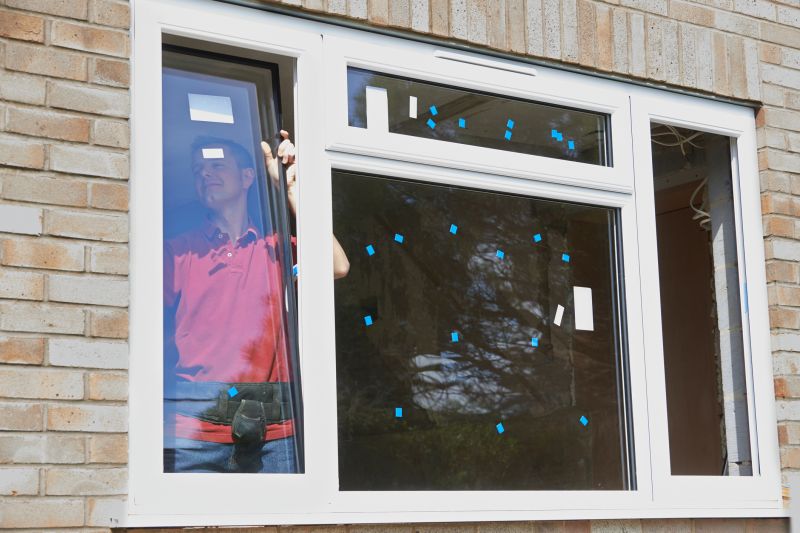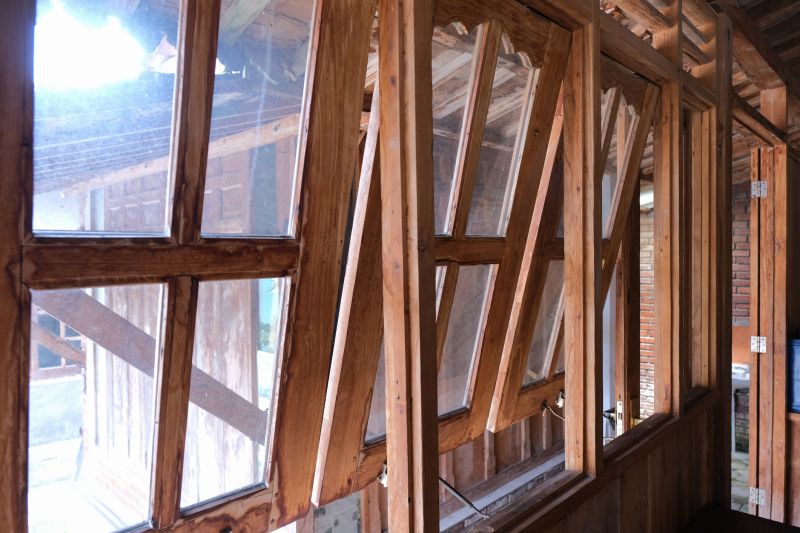Optimal Timing for Windows Installations
Windows installations are most effective when scheduled during periods of low system usage, typically in the early morning or late evening. Planning installations during these times minimizes disruption and allows for proper configuration and testing. Seasonal considerations, such as avoiding peak business periods or holiday seasons, can also influence the optimal timing for system updates.
Scheduling during off-peak hours ensures minimal disruption to daily operations and allows for thorough setup and troubleshooting.
Avoiding busy seasons or holidays helps prevent delays and ensures resources are available for a smooth installation process.
Ensuring technical staff availability during planned windows facilitates quick resolution of issues and successful deployments.
Scheduling installations when users are available for training enhances adaptation and reduces post-installation issues.

Technicians performing Windows installations during off-hours.

IT staff configuring systems for Windows updates.

Systems being tested after Windows installation.

Ways to make Windows Installations work in tight or awkward layouts.

Popular materials for Windows Installations and why they hold up over time.

Simple add-ons that improve Windows Installations without blowing the budget.
| Timing Consideration | Details |
|---|---|
| Early Morning | Ideal for minimal user activity and quick installations. |
| Late Evening | Suitable for completing updates after business hours. |
| Weekends | Good for large-scale upgrades without disrupting daily operations. |
| Holiday Periods | Often less busy, but ensure technical support availability. |
| Off-Peak Seasons | Spring and fall may offer less busy periods for scheduling. |
Implementing Windows installations during optimal times can lead to smoother transitions and reduced operational impact. Proper planning and timing are essential for ensuring compatibility, minimizing downtime, and facilitating user adaptation. Regularly assessing system readiness and scheduling during low-traffic periods can significantly enhance the success of deployment projects.

Technicians installing Windows during off-hours.

Post-installation testing to ensure proper functionality.

Training users on new Windows features after installation.

IT staff providing support during the installation process.

High-end options that actually feel worth it for Windows Installations.

Finishes and colors that play nicely with Windows Installations.

Little measurements that prevent headaches on Windows Installations day.

A 60-second routine that keeps Windows Installations looking new.
Choosing the right timing for Windows installations can improve efficiency and reduce disruptions. It is advisable to plan updates during periods of low activity, ensuring technical support is available and users are prepared for transition. Proper scheduling and preparation contribute to a seamless implementation process.
Interested in scheduling a Windows installation? Fill out the contact form to discuss options and plan an optimal time for deployment.


